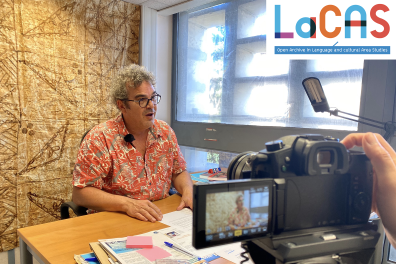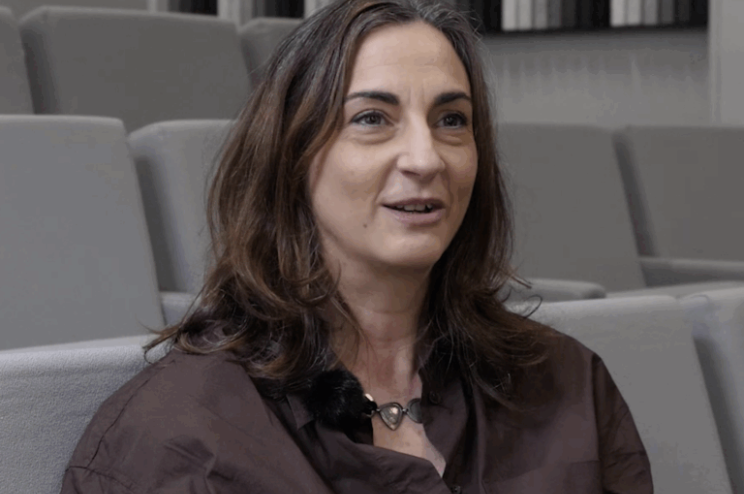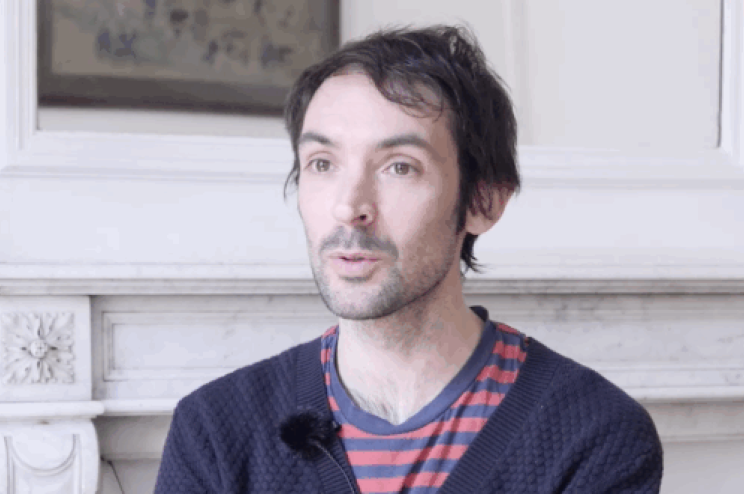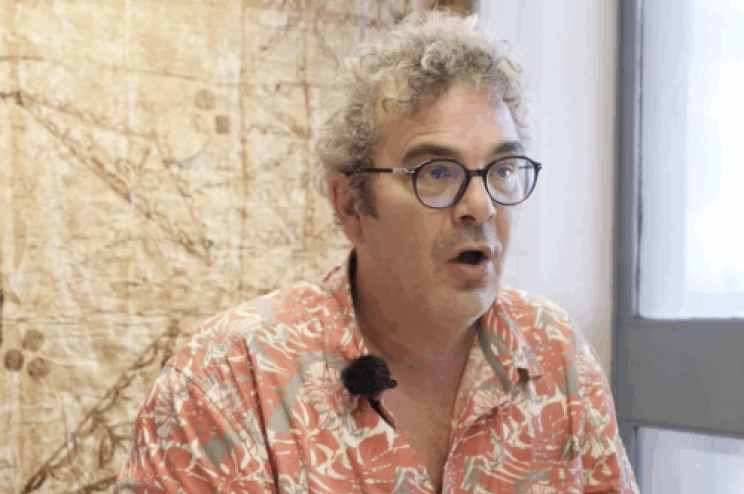The latest LaCAS I-DEA talks: linguistic plurality in South Africa, Sami pastoralism in Sweden and the anthropology of Vanuatu

The interviews of the I-DEA program (Illustration and Documentation of Areal Studies) present themes studied by a researcher in areal studies, approached from different angles: problems, fields, methodologies, issues. Every two months, discover the latest interviews, available on HAL and the LaCAS platform.
Latest I-DEA interviews

Linguistic plurality and its issues in post-apartheid South Africa, interview with Céline Peigné (Inalco)
Céline Peigné, Senior Lecturer at Inalco, traces the progress of her research into the inclusion of linguistic plurality in the educational system of post-apartheid South Africa and its language policies. Beyond the South African case, she also questions the transversal issues linked to language didactics, which she illustrates with the help of her own experience as a teacher-researcher. View

Ethnoecology as an interdisciplinary research practice with Sami reindeer herders, interview with Samuel Roturier (AgroParisTech)
Samuel Roturier, eco-anthropologist and senior lecturer at AgroParisTech, discusses his approach as an ethnologist engaged with Sami reindeer herders, and the diversity of methods borrowed from these different disciplines. He also discusses future challenges for pastoralism in the Swedish Sápmi. View

Anthropology in Melanesia over the long term, interview with Marc Tabani (CNRS)
Marc Tabani is an anthropologist and specialist in Vanuatu. A CNRS research fellow, he conducts his work at the Centre de recherche et de documentation sur l'Océanie (CREDO, UMR 7308), of which he is also director. In this interview he looks back at various stages of his scientific career in the Pacific over the past forty years. View